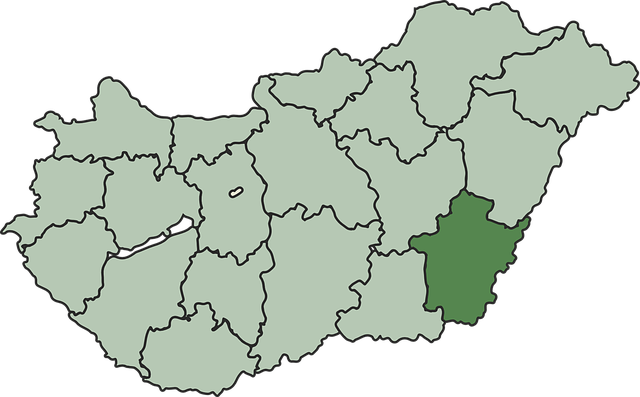Close-knit towns prioritize walkable, bike-friendly, and transit-oriented living, boosting local businesses and downtown areas. Affordability, shared spaces, eco-friendliness, and community focus drive real estate trends, attracting talented individuals seeking unique lifestyles and strong community support. Strategic partnerships between businesses and initiatives enhance these towns' appeal, fostering economic prosperity through diverse employment opportunities, streamlined processes, and vibrant amenities.
In today’s competitive job market, close-knit towns are emerging as attractive destinations for workforce support. These vibrant communities offer a unique blend of affordable real estate trends and strong local businesses that foster harmony among residents. This article explores strategies for these supportive towns to attract talents, focusing on the interplay between accessible housing and thriving local economies. Discover how smart urban planning and community initiatives can create a powerful environment for both residents and employers to thrive.
Real Estate Trends in Supportive Towns

In close-knit towns, real estate trends often reflect a community’s commitment to supporting its workforce. Locals may prefer homes that are within walking distance of local businesses and amenities, promoting a vibrant downtown area and reducing commuting times. This trend can drive up demand for smaller, more affordable housing options in the center of town. Additionally, shared spaces and co-living arrangements might gain popularity as folks embrace a sense of community and collaboration.
Towns that prioritize walkability, bike-friendliness, and public transportation typically see real estate developments focused on these aspects. Eco-friendly buildings and energy-efficient homes also tend to appeal to residents who value sustainability. These trends not only enhance the town’s livability but also contribute to a stronger local economy by fostering a thriving workforce that chooses to stay and contribute to their supportive community.
The Role of Local Businesses in Workforce Harmony

Local businesses play a pivotal role in fostering workforce harmony within close-knit towns. These enterprises act as the backbone of the community, creating an environment that supports and nurtures residents’ professional growth. By offering diverse employment opportunities, from local cafes and retail stores to specialized service providers, these businesses ensure that town members have access to stable jobs, enhancing their sense of belonging and overall well-being.
Moreover, the collaboration between local businesses and the community can be boosted through strategic partnerships, events, and initiatives centered around real estate development. Such efforts not only attract new businesses but also create a vibrant atmosphere that attracts professionals and families alike. This interconnectedness fosters a culture of mutual support, where residents feel valued and empowered to contribute to their town’s success, thereby reinforcing the harmonious relationship between the workforce and the local business scene.
Attracting Talents: Strategies for Close-knit Communities

Close-knit towns are increasingly becoming magnets for talents seeking a unique lifestyle and strong community support. To attract and retain skilled individuals, these communities need to implement strategic initiatives. One key area is offering competitive Real Estate options that cater to diverse needs and budgets. Affordable housing, coupled with vibrant neighborhood amenities, can entice professionals who value a balanced lifestyle.
Moreover, fostering a supportive business environment through streamlined permitting processes and promoting local entrepreneurship can further enhance the appeal. Educational institutions, cultural events, and recreational facilities also play a significant role in drawing talent. By combining these strategies, close-knit towns can create an attractive, dynamic atmosphere that keeps residents engaged and contributes to long-term economic prosperity.






